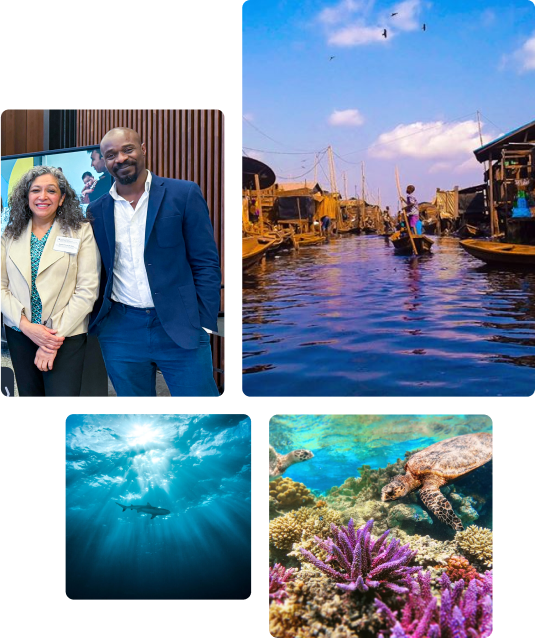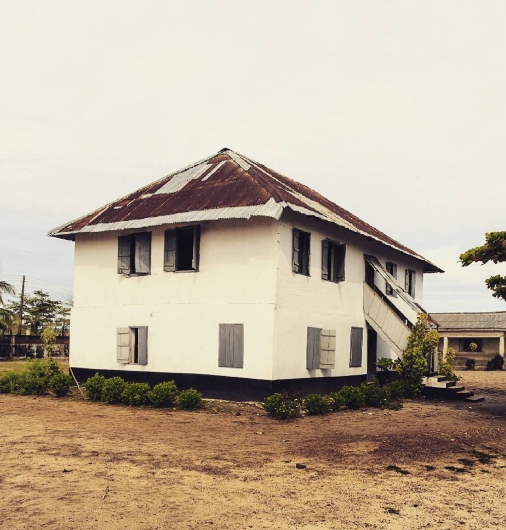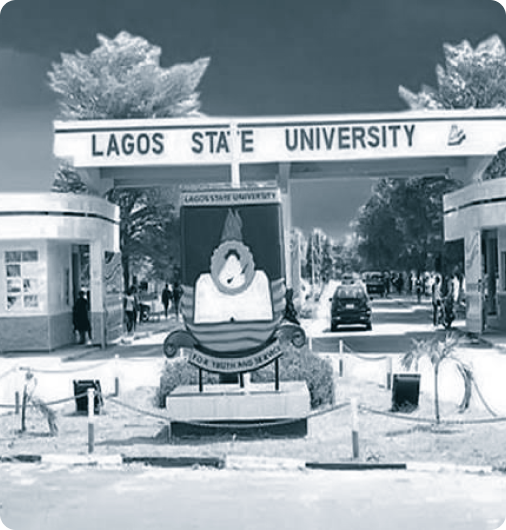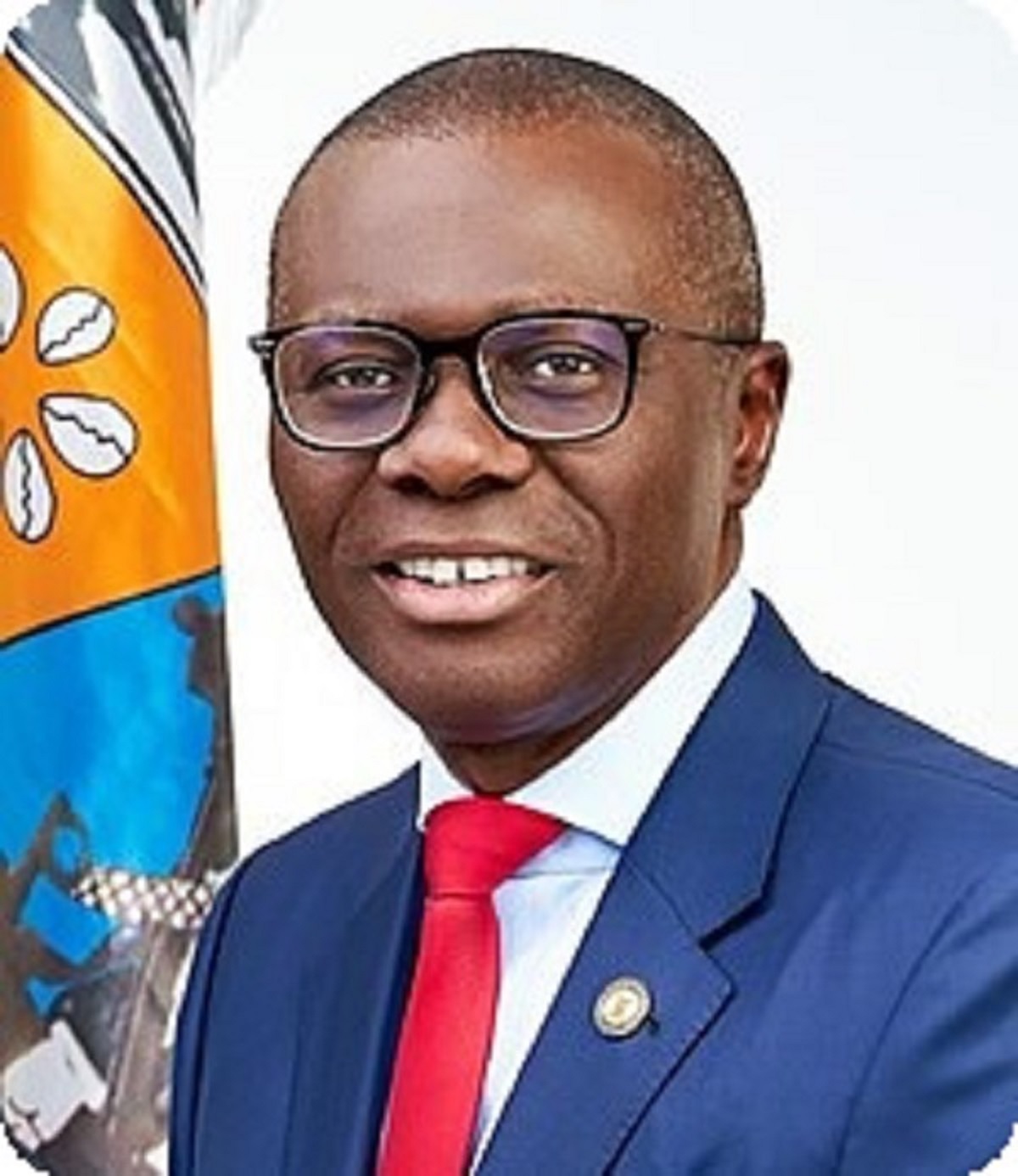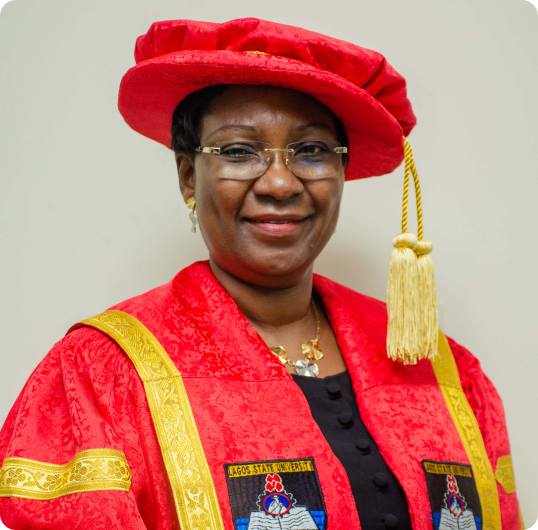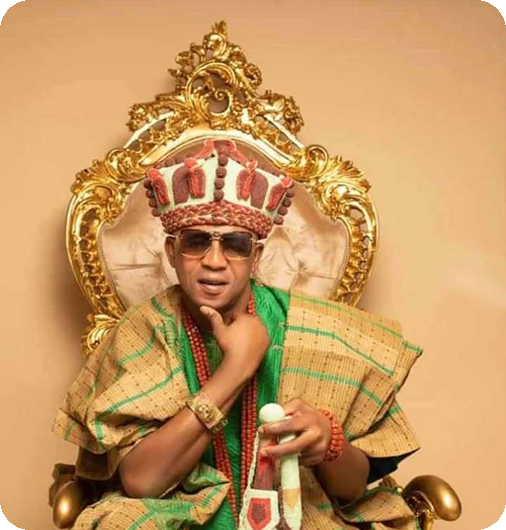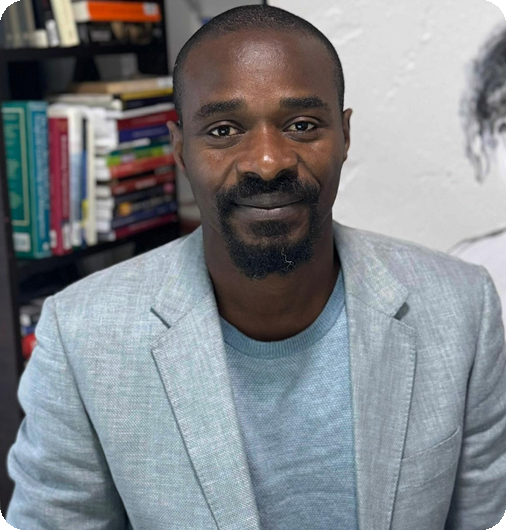11th International Conference of Community Psychology – ICCP 2026 - September 1st - 4th, 2026.

ABOUT ICCP2026
Welcome to the 11th International Conference of Community Psychology – ICCP 2026, hosted at Lagos State University.
This year, we come together under the theme: ‘Gathering in the Motherland: Celebrating Lifeways, Ways of Water & Reconnecting to the Source.’ Our theme speaks to the enduring power of connection, no matter how far we’ve traveled or how much time has passed. Like water, which flows freely yet is shaped by its journey, we too are shaped by our roots and the communities we belong to.
This gathering is more than a conference—it is a homecoming. A chance to reconnect, to share, and to celebrate the richness of our collective lifeways. It is a sanctuary where ideas flow, traditions are honored, and the essence of our shared humanity is embraced. Here, you’ll find not just knowledge, but a sense of belonging. As you participate, we hope you feel the warmth of home—a place where connections are nurtured and new possibilities begin. When you leave, it won’t just be with new insights or perspectives; it will be with a piece of home carried within you.
OUR AIM
Our primary purpose is to present Nigeria as a formidable country and Lagos as an irresistible, accommodating host state.
We are confident that this experience will enhance community psychology research and actions worldwide, empowering practitioners’ strengths in pursuing fairness, inclusion, mattering, and well-being at the beginning of the new century.
We will introduce participants to some significant local initiatives whose principles and goals encompass community psychology values and methods and thus be able to share the African experience with all delegates.
The 11th ICCP is based on local team organizational ability, multiple experiences, and international networking processes of mutual collaboration and collective action that have contributed to creating the academic, teaching, and practical endeavors of the discipline in Nigeria.
WHY NIGERIA?
Reasons why we hosting ICCP in Nigeria
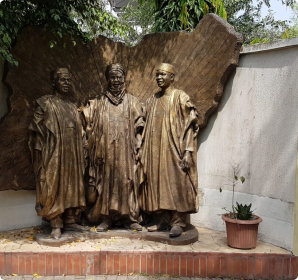
To Introduce the Community Psychology Program to the Academic Community in Nigeria and Africa.
The conference could inspire and motivate young Nigerian students and professionals to pursue careers in community psychology.
The conference would facilitate the exchange of ideas, knowledge, and best practices between Nigerian community psychologists and their international counterparts, fostering global collaboration and thus promoting cultural exchange.
The conference would provide a platform for other Nigerian psychologists to enhance their skills, learn from global experts, build professional networks, and find areas of collaboration with the international community psychology community.
